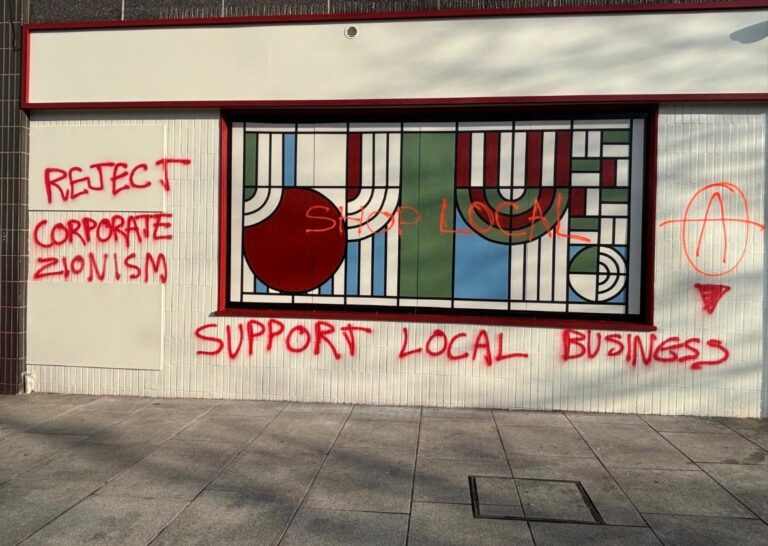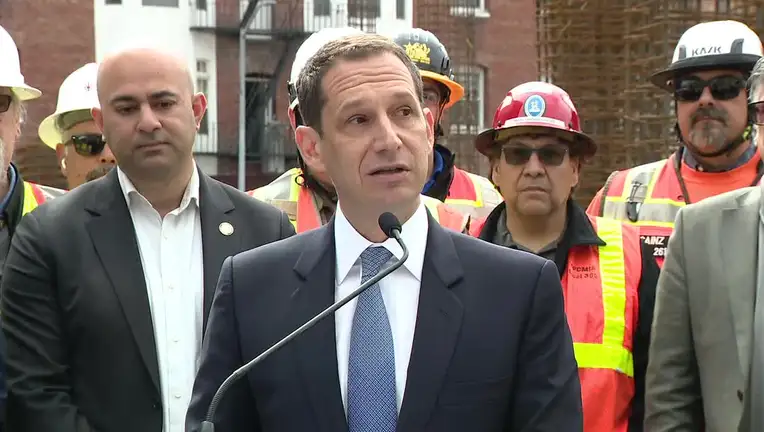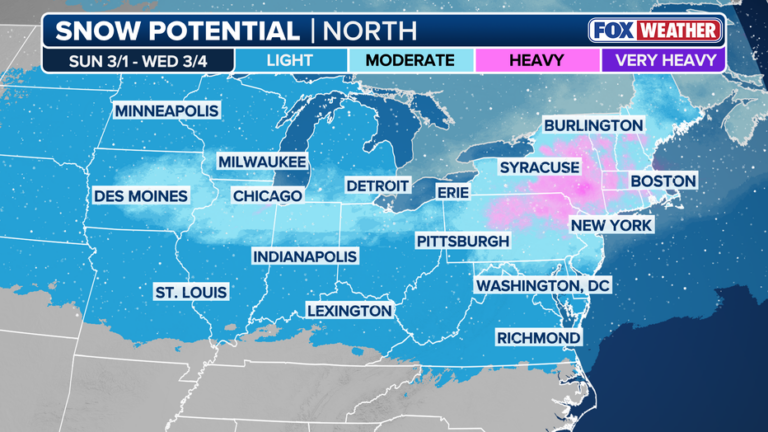When looking for a home, you understand that selecting a suitable one can be difficult, especially in a competitive industry. It’s difficult enough to locate a home with everything you want, much less even one that fits your budget.
It’s feasible that you’ll locate the right property at the best price in several circumstances. It might, nevertheless, get listed as “under contract.” What would it signify, though, when a home is under contract? Is there any possibility you’ll be able to get your perfect house nonetheless? Next, we’ll clarify why settling down with a property under warranty will not always entail despair and you must know what under contract meaning .
What Does It Mean to Be Under Contract?
An owner has approved an offer on the house under contract, but the deal is not complete until the fulfillment of the conditions. From the confirmation of a bid until the property sold sign goes up, it generally; lasts one to two months.
Before a realtor might sell a house, there may be various contingencies that must be met, including a finance contingency is among them. To purchase property, the buyer must be able to obtain finance from a mortgage or another source.
An assessment condition tightly links to the contract. For example, a mortgage firm cannot give more than the house’s value, established by examining other sold comparable properties inside the same region.
If the seller refuses to lower the price to the appraised value, the buyer must bring the differential between the assessed cost and actual list price to the end of the deal. Unfortunately, it isn’t always possible because you’re already saving for a deposit most of the period.
A purchaser might make the sale of a residence conditional on selling their existing property to avoid having to create numerous mortgage payments.
The disadvantage is that when the buyer does not sell their property in a specific timeframe, they will forfeit their deposit.
A house inspection condition is the final standard caveat. The sellers and buyers can have it incorporated into the contract that the purchaser has the right to withdraw if there is a severe problem with the ceiling or ventilation unit.
Individuals can’t pick and choose which issues to ignore, but the agreement can fall through here, though. The seller will either have to seek a new purchaser prepared to deal with these issues or improve themselves.
Bottom Line
Only a few situations are more frustrating than coming across a property you truly adore to discover it is already under contract. However, once more, all optimism is not doomed since a lot of variables might still “go awry” to your advantage.
The buyer must be able to obtain finance, which is not always an easy task. Next, the home inspection must occur, giving the purchaser the option to pull out of the contract if they discover anything they dislike.
No, you won’t discover what it is – however, if your contingency offer is approved, you’ll also have the opportunity to conduct a house assessment.
The idea is even if one of the parties in a deal misses one of the many contingencies and requirements, they void the contract, and the property goes back into the marketplace. It’s why people mustn’t lose hope just yet, since, in a speedily and intrinsically difficult market like real estate, you rarely know what is coming.











